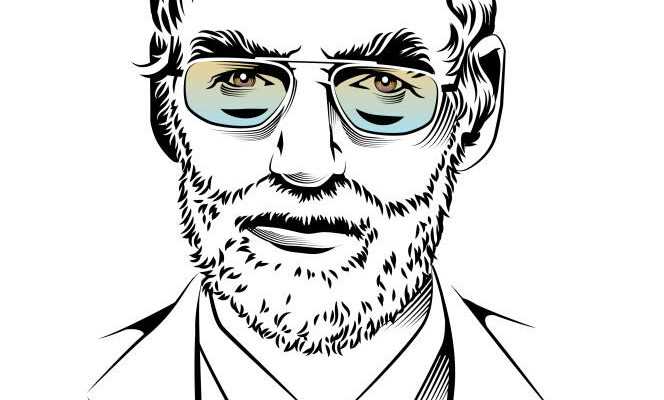It is a landmark text. In 1972, responding to an order from the Club of Rome, a think tank based in Switzerland, researchers from the Massachusetts Institute of Technology (MIT) published The Limits to Growth, a report showing that economic growth cannot continue indefinitely in a world with finite resources. He predicted that population and industrial and food production would eventually slow and then recede, constrained by the limits of the planet – disappearing natural resources and the Earth’s limited ability to absorb emissions.
One of its co-authors, American physicist Dennis Meadows, 79, answered questions from the Worldon the occasion of the fiftieth anniversary of the report, and the publication of a new version of this bestseller, on March 3, Limits to growth (in a finite world)published by Rue de l’Echiquier (488 pages, 14.90 euros).
What is your assessment, fifty years after the publication of the 1972 report?
Our ecological footprint is too high: we consume more resources than the Earth can regenerate, be it fossil fuels, fertile soils, clean water, etc. In 1972, we still had a chance to slow down this process, and keep demographics and consumption at sustainable levels. One of our main conclusions was that the earlier we acted, the better the results. But for fifty years, we have not acted. We are therefore beyond the Earth’s capacity to sustain us, so the decline of our energy- and material-intensive civilization is inevitable. The average standard of living will drop, mortality will increase or the birth rate will be reduced and resources will decrease.
Most people think that resource depletion only affects us when there is nothing left in the ground. It’s more complex than that. The limits to growth are related to the fact that, gradually, the cost of resources becomes so high that we can no longer afford to use them in such large quantities. We are currently in this situation where, for example, the price of oil becomes too expensive for consumers.
One of your scenarios predicted that growth would stop around 2020. Is that really what we are seeing now?
This possibility is in the process of being realized: the resources are more and more expensive, the demand is more and more important, as well as the pollution. The question now is to know not if but how the growth will stop. What we see is that the population is now decreasing in some countries, in Japan, in Russia and soon in China. Of course, GDP continues to grow, but it is not a good indicator of human well-being, as it increases with harmful activities such as repairing war damage in Ukraine.
You have 73.11% of this article left to read. The following is for subscribers only.
